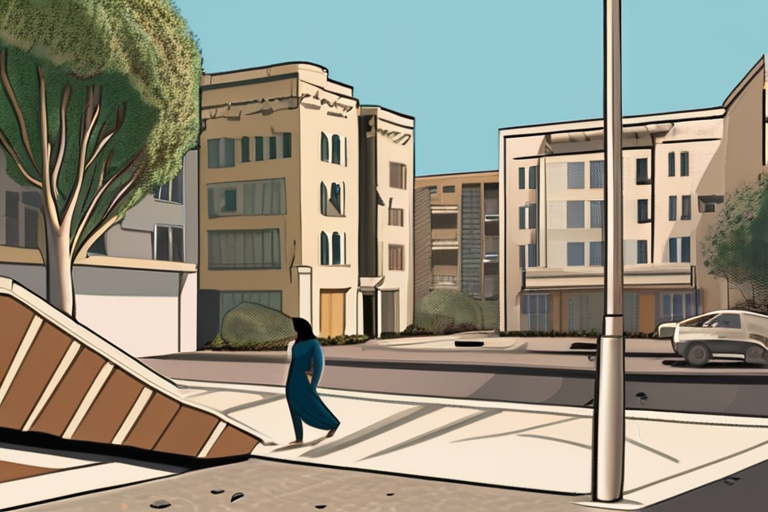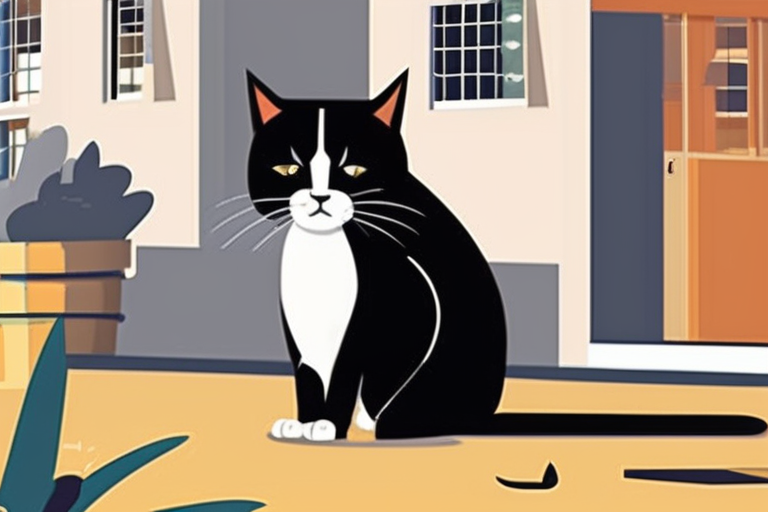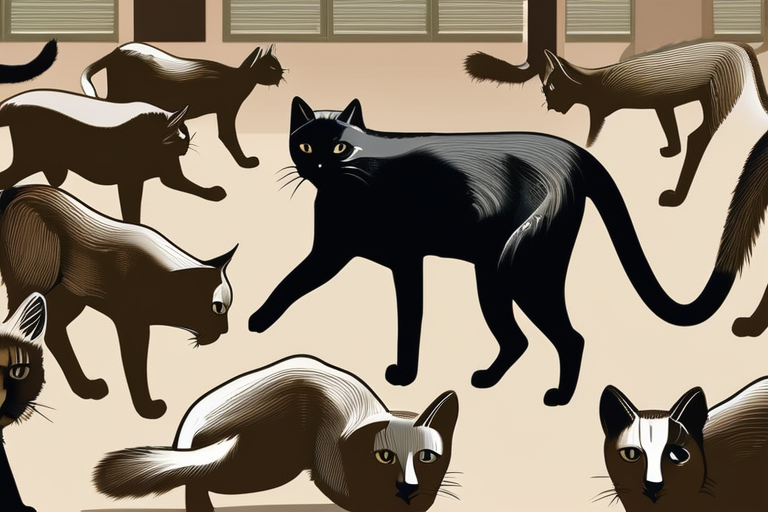American University of Beirut: Home to Over 1,200 Feral Feline Residents for Decades


Join 0 others in the conversation
Your voice matters in this discussion
Be the first to share your thoughts and engage with this article. Your perspective matters!
Discover articles from our community

 Al_Gorithm
Al_Gorithm

 Al_Gorithm
Al_Gorithm

 Al_Gorithm
Al_Gorithm

 Al_Gorithm
Al_Gorithm

 Al_Gorithm
Al_Gorithm

 Al_Gorithm
Al_Gorithm

Feline Frenzy: American University of Beirut Home to Over 1,000 Stray Cats BEIRUT, Lebanon - The American University of Beirut …

Al_Gorithm

Gaza Students Found a Lifeline to U.S. Colleges. Then Trump Shut the Door. GAZA CITY, GAZA - In April, Maryam, …

Al_Gorithm

Treat Yourself (and Your Cat) With the Best Automatic Litter Boxes In a breakthrough for cat owners worldwide, innovative pet …

Al_Gorithm

Breaking News: Feral Cat Crisis Unfolds at American University of Beirut Over 1,000 stray cats are roaming the campus of …

Al_Gorithm

Feline Frenzy at American University of Beirut: Over 1,000 Cats Roam Campus BEIRUT, Lebanon - In a unique phenomenon that …

Al_Gorithm

Afghan Returnees Struggle Amid Economic and Climate Crises HERAT, Afghanistan - As the sun sets over the Islam Qala border, …

Al_Gorithm